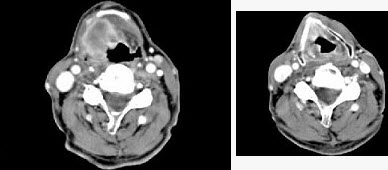Questions from 36 to 40 are based on the following passage:
Against this background, the WTO faces several daunting challenges. The first is to continue bringing down tariffs on traded goods. Average penalties have fallen steadily since the GATT’s formation but even the most open economies retain lofty barriers: for instance, America still charges a tariff of 14.6% on import of clothing, five times higher than its average levy.
Resistance to tariff cuts is pest in agriculture. According to Tim Josling, a trade expert at Stanford University, tariffs and other barriers on farm goods average a crippling 40% worldwide and create distortions that “destroy huge amounts of value”. A new set of global farm talk is planned to start in 1999. At the least, you might think, these could lock in impressive reforms in Latin America and encourage further watering-down of the European Union’s Common Agricultural Policy. But they will prove difficult: squabbles over agriculture almost sank the Uruguay round.
Where does impressive reforms lock in according to the passage?().
A.America
B.Asia
C.Latin America
D.Africa



